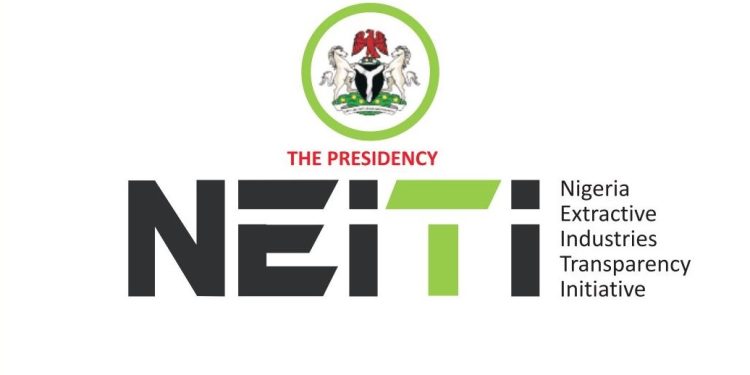The Nigeria Extractive Industries Transparency Initiative (NEITI) disclosed on Monday that the total unremitted revenues owed to the federal government by various government agencies and companies in the oil and gas sector in 2021 amounted to over $9.85 billion. This revelation was made during the release of the 2021 Oil and Gas Industry Report at an event in Abuja. The event was attended by lawmakers, oil sector stakeholders, civil society organizations, and other relevant parties.
During the presentation of the report’s highlights, Mr. Ogbonnaya Orji, the Executive Secretary of NEITI, emphasized the significance of the information and data contained in the document for boosting government revenue at all levels. He underscored the report’s role in supporting national development and poverty reduction through effective resource mobilization. Furthermore, the report provided updates on the financial obligations of the Nigerian National Petroleum Company Limited and various companies to the federal government.
Mr. Orji noted that despite the concerted efforts made in the previous year to recover some of the unremitted revenues through the Ad Hoc Committee established by the National Assembly, the figures for 2021 reflected an increase in unremitted revenue. This underscores the ongoing challenges related to revenue collection and the need for continued efforts to ensure that all revenues due to the federal government are remitted promptly.
The 2021 Oil and Gas Industry Report serves as a vital tool for identifying and addressing revenue shortfalls in the oil and gas sector. It plays a critical role in promoting transparency, accountability, and good governance in the industry. The data and insights provided in the report offer valuable guidance for policymakers and stakeholders in their efforts to strengthen revenue generation and allocation.
The federal government, in collaboration with NEITI and other relevant authorities, is expected to intensify its efforts to recover the unremitted revenue and take necessary measures to prevent future occurrences. By addressing these revenue challenges, Nigeria can further enhance its fiscal stability and support its developmental goals.


















